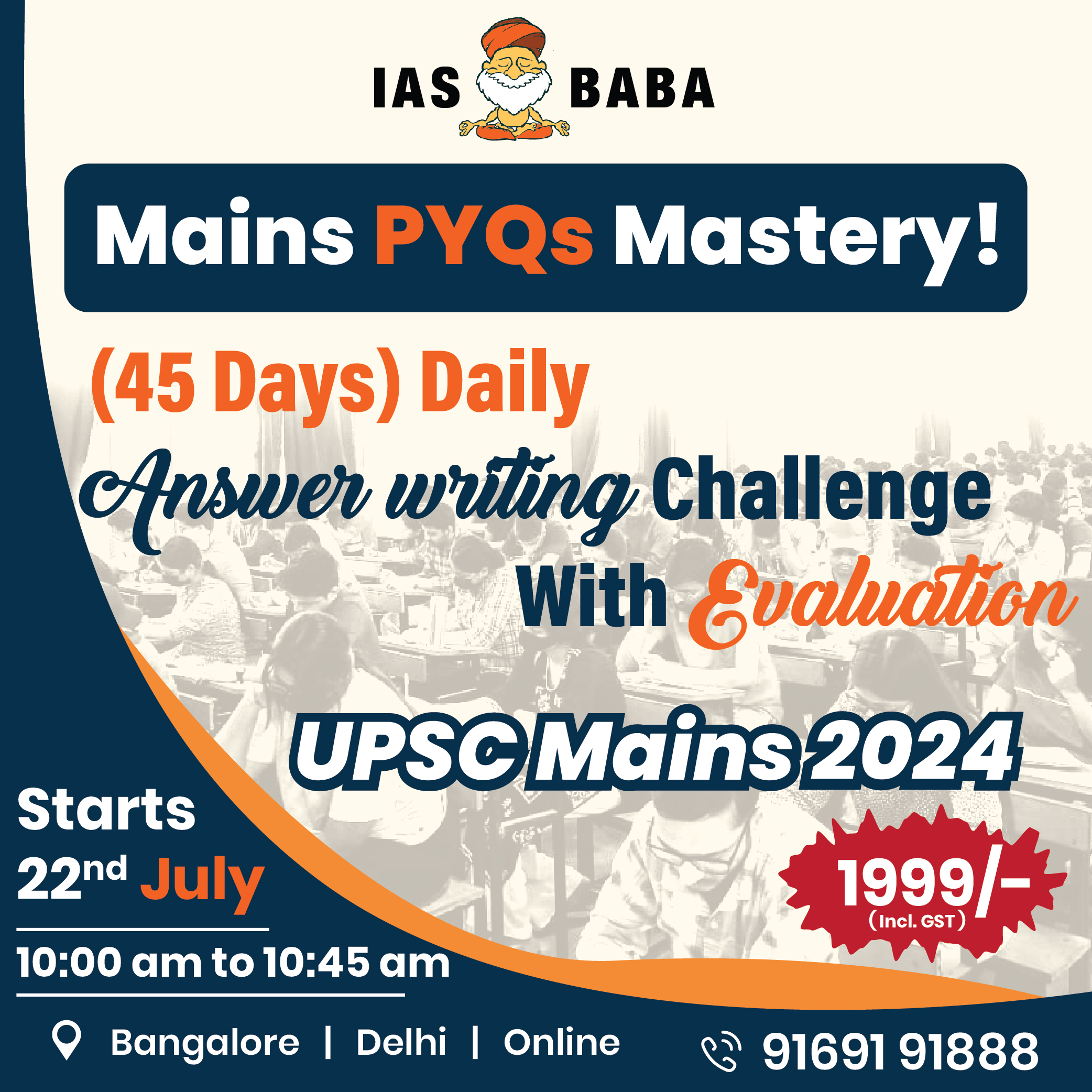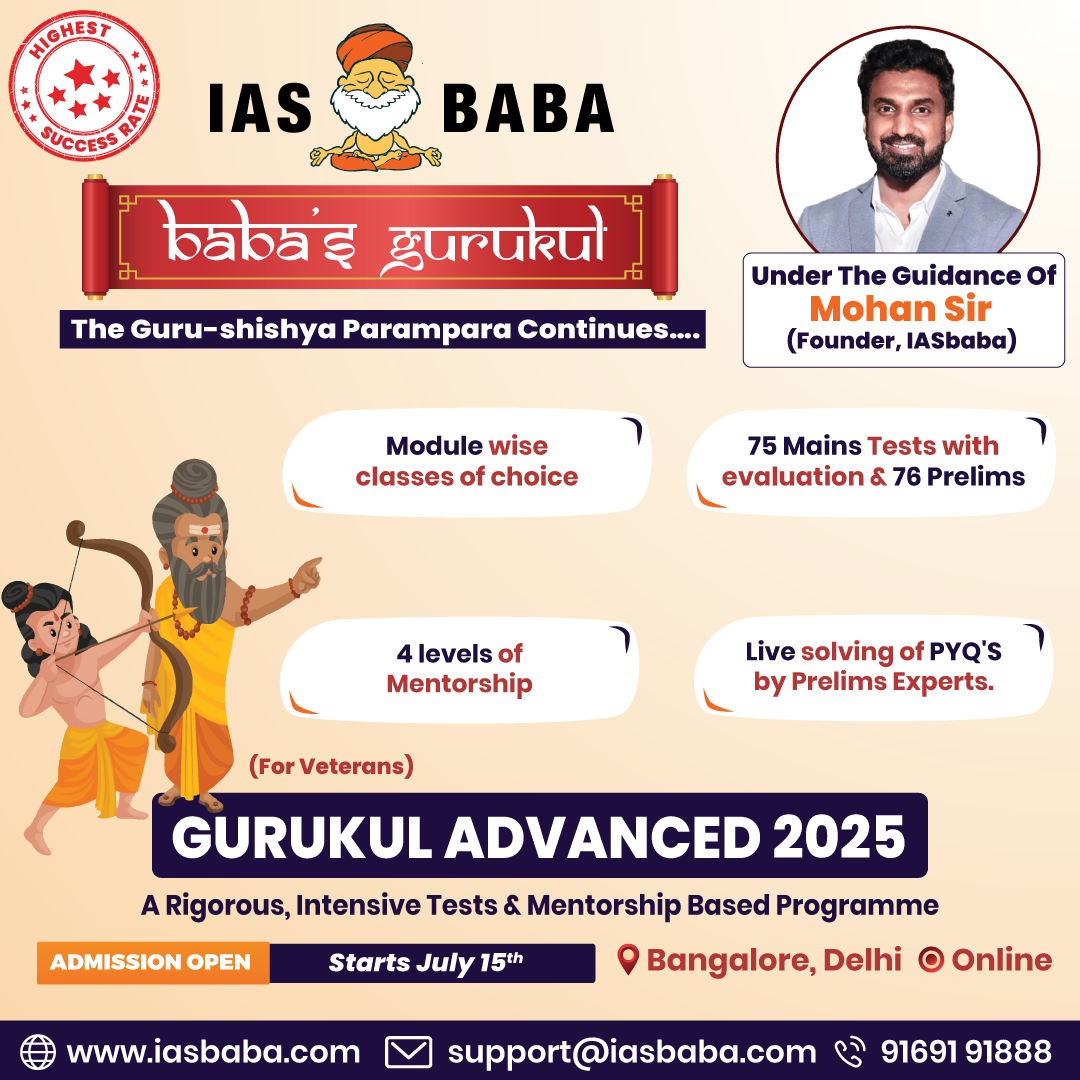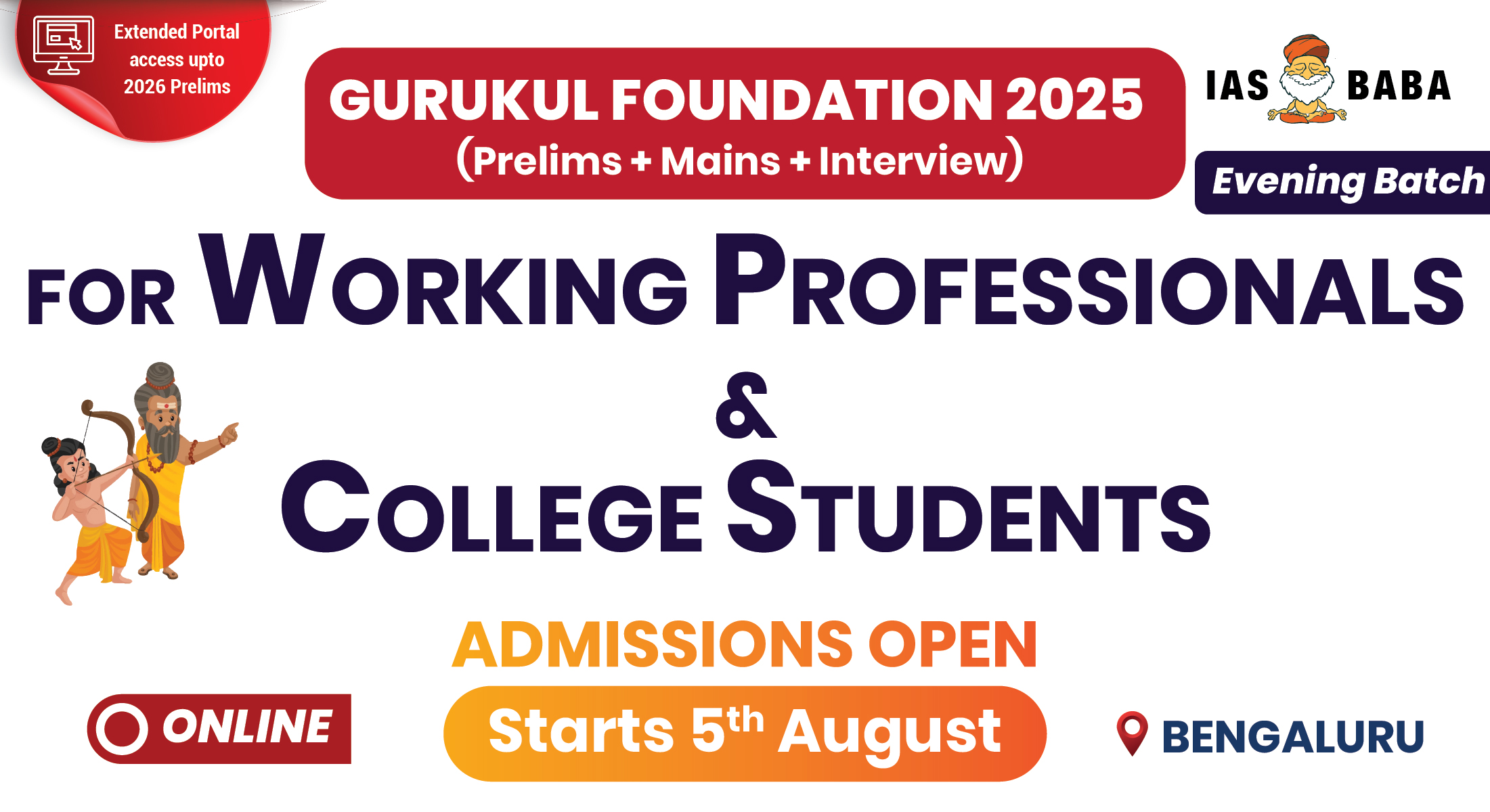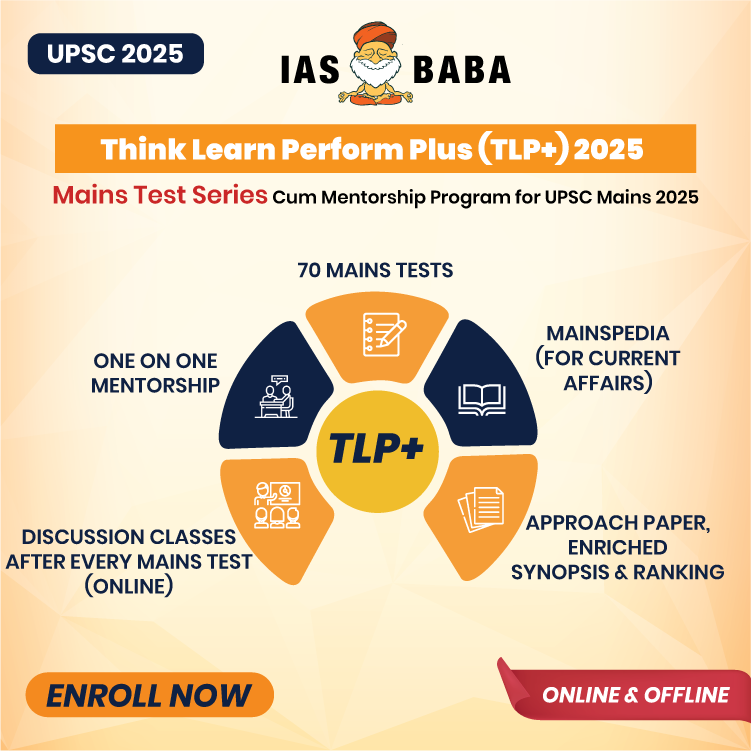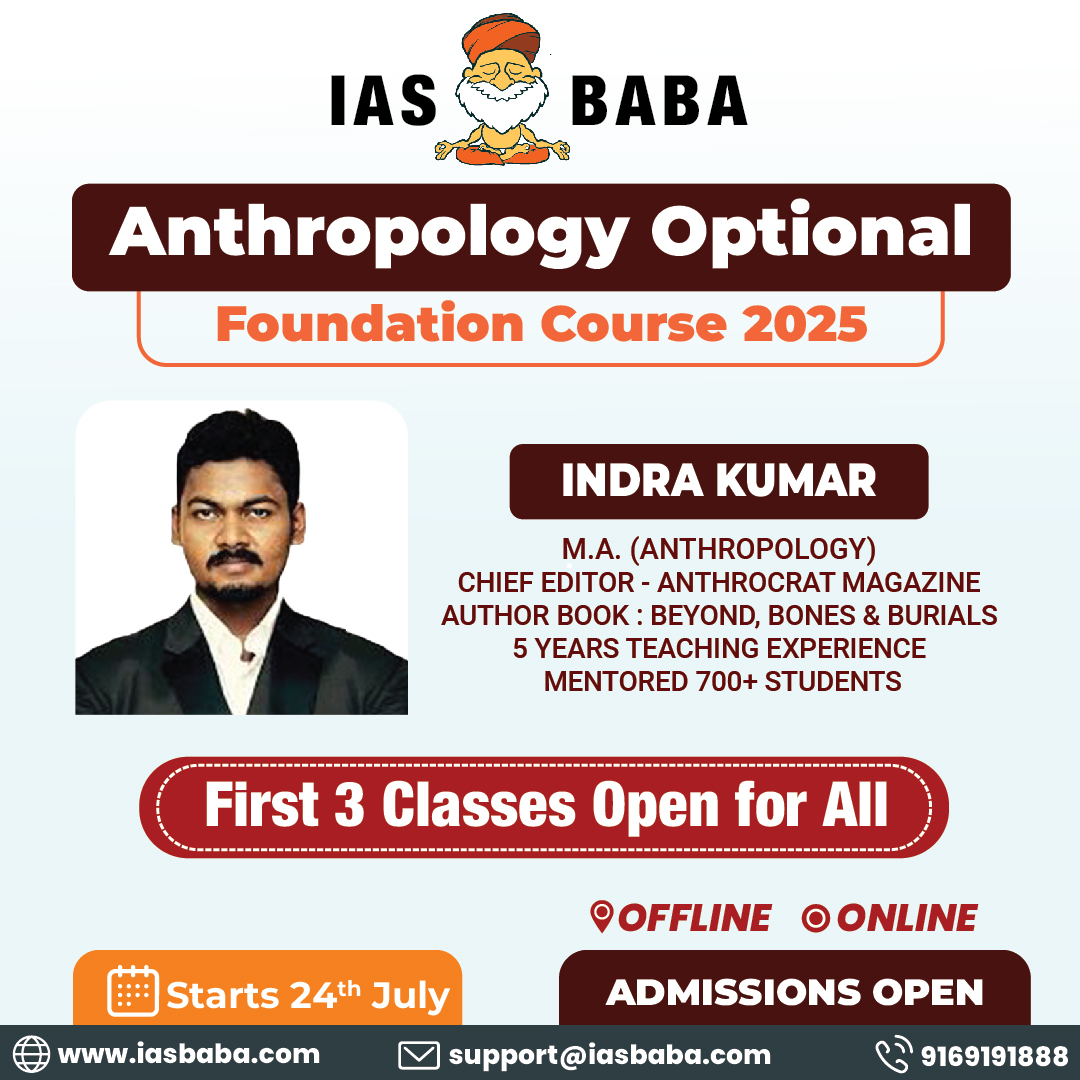History and Art and Culture
In News: Prime Minister remembers Sri Aurobindo on his Jayanti.
About Sri Aurobindo
- Aurobindo Ghose was born in Calcutta on 15th August 1872.
- He was a yogi, seer, philosopher, poet, and Indian nationalist who propounded a philosophy of divine life on earth through spiritual evolution.
- He died on 5th December 1950 in Pondicherry.
Education:
- His education began in a Christian convent school in Darjeeling.
- He entered the University of Cambridge, where he became proficient in two classical and several modern European languages.
- In 1892, he held various administrative posts in Baroda and Calcutta.
- He began the study of Yoga and Indian languages, including classical Sanskrit.

Indian Revolutionary Movement:
- From 1902 to 1910 he took part in the struggle to free India from the British.
- He attended Congress sessions and at the same time, helped establish the Anushilan Samiti of Calcutta in 1902.
- As a result of his political activities, he was imprisoned in 1908 (Alipore Bomb case).
- Two years later he fled British India and found refuge in the French colony of Puducherry, where he devoted himself for the rest of his life to the development of his “integral” yoga with an aim of a fulfilled and spiritually transformed life on earth.
Spirituality:
- In Puducherry he founded a community of spiritual seekers, which took shape as the Sri Aurobindo Ashram in 1926.
- He believed that the basic principles of matter, life, and mind would be succeeded through terrestrial evolution by the principle of supermind as an intermediate power between the two spheres of the infinite and the finite.
Teachings:
- He propounded a philosophy of divine life on earth through spiritual evolution.
Literary Works:
- He was also a journalist, editing newspapers such as Bande Mataram.
- He was also a journalist and his first philosophical magazine called Arya was published in 1914.
- Among his many writings are The Life Divine, The Synthesis of Yoga and Savitri.
Source:Pib.gov
Previous Year Question
Q.1) He wrote biographies of Mazzini, Garibaldi, Shivaji and Shrikrishna ; stayed in America for some time; and was also elected to the Central Assembly. He was? (2018)
- Aurobindo Ghosh
- Bipin Chandra Pal
- Lala Lajpat Rai
- Motilal Nehru





